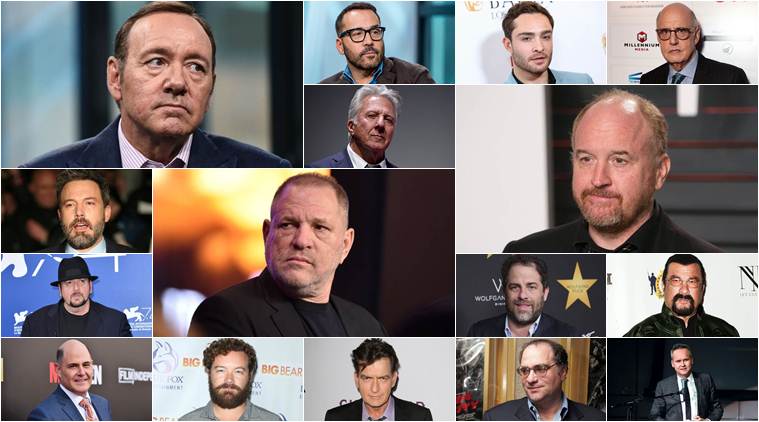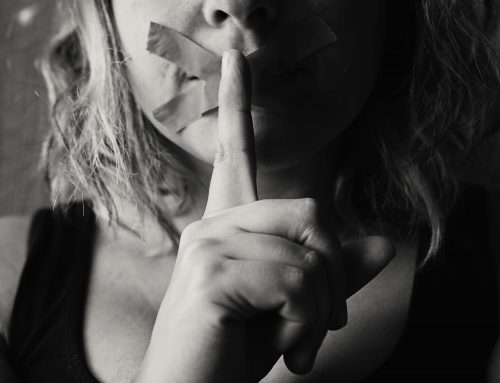Just a few of the powerful men in Hollywood accused of sexual assault or harassment.
Twenty-six. I did some research to get the number right, though I’m sure it has risen by now. As I typed the words into Google, I found that my heart was pounding. I didn’t want to read those names. According to the New York Times, 26 powerful, famous men in Hollywood are under investigation for various types of sexual misconduct and violence.
On that list are men that I respect. Jeffery Tambor and Kevin Spacey are the two names that disappointed me the most. These are men whose work has changed my life. Men who I thought that I could count on as allies in the movement to end sexual assault. And this is such a finite list; it’s only the most prominent people, in Hollywood. There are so many more who don’t have the celebrity status to bring their case to the public’s attention.
After most of these accusations, the response has been to issue a half-hearted statement neither saying sorry nor accepting responsibility. Harvey Weinstein denied the 57 allegations against him, asking for a “second chance.” Ben Affleck issued a ten-word tweet. Kevin Spacey decided that being accused was the right time to come out as gay. I work closely with victims and survivors of sexual assault, and I am exhausted by these responses. I am disappointed. I could spend more time on the inadequate “apologies” (see Kevin Spacey, Matt Lauer, Ben Affleck), but I’d rather spend time on the one response that stood out to me.
“These stories are true.” Starting with these words, Louis CK’s response is already a departure from those of other powerful Hollywood men, who have been denying allegations and defending themselves since the beginning of October. CK is famous for his hyper-aware style of comedy, and that tone came through in his apology to the five women who accused him of exposing himself to them in 2002.
Louis CK abused the power and influence that he had over multiple women. Period. Also, he seems to acknowledge it. “What I learned… too late, is that when you have power over another person, asking them… is not a question. It’s a predicament.” This sentiment, for me, is what is missing from a lot of apologies. They say “sorry”, but did they understand any of the dynamics that led them to abuse in the first place? All of these apologies have been met with harsh criticism, whether for evading responsibility entirely, or, in the case of Louis CK, for apologizing as an attempt to protect his career.
I don’t believe that any apology can undo harm. It takes much more than words of regret to make it right. That requires action, and for some victims and survivors of sexual violence, even a lifetime of action wouldn’t be enough. On the other hand, acknowledging the survivors’ accounts of wrongdoing and one’s personal role in perpetrating abuse is a good place to start.
The simple recognition of the factors contributing to the epidemic of sexual violence in Hollywood– and all over the country– is not enough. Louis CK’s apology doesn’t absolve him of anything. However, when a perpetrator admits his wrongdoing, validates the accounts of assault, acknowledges the power dynamics at play, and expresses remorse—let’s pause. This is different than other responses we have heard. And it is the direction we need to move in if we are to truly seek restoration. If more people begin to accept responsibility for the harm they’ve caused and we are able to witness that complicated, messy, human act, then maybe we can start to move forward toward a safer, more equal society.
Claire Cuthbert is a graduate of CU Boulder in Psychology and Spanish. She is currently working at MESA in the office manager position.



Leave A Comment
You must be logged in to post a comment.